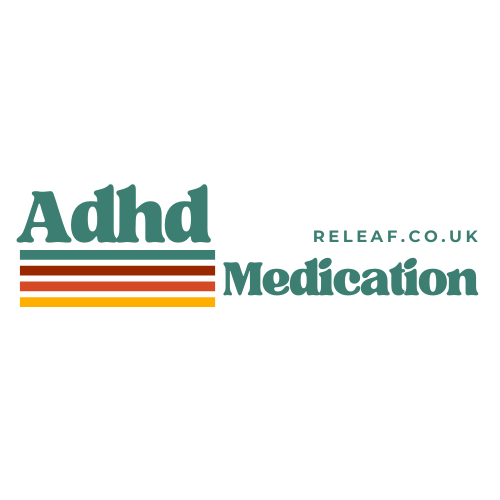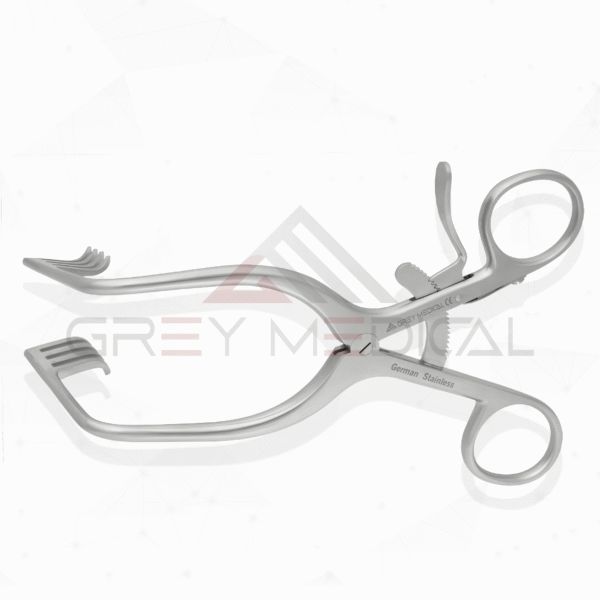What is ADHD and Why Treatment Matters
Attention Deficit Hyperactivity Disorder (ADHD) is a common neurological condition that affects both children and adults. It often leads to challenges with focus, impulsivity, and hyperactivity, making day-to-day life more difficult for those living with it. Treatment plays a crucial role in helping individuals manage symptoms, improve quality of life, and reach their full potential in personal, academic, and professional settings.
Effective treatment for ADHD can include behavioral therapy, lifestyle adjustments, and most commonly, medication. Choosing the right approach depends on the individual’s age, health status, and specific needs. Reliable sources such as ADHD medication releaf.co.uk provide valuable guidance, resources, and professional advice to help patients and caregivers make informed decisions.
The Role of ADHD Medication in Symptom Management
Medication has become a cornerstone of ADHD management because it addresses the chemical imbalances in the brain that contribute to the disorder. Stimulant medications like methylphenidate and amphetamines are widely prescribed, as they improve concentration, reduce impulsive behavior, and enhance the ability to complete tasks. For some patients, non-stimulant options may be more appropriate, especially if side effects become an issue.
The ultimate goal of ADHD medication is not to “cure” the condition, but to minimize disruptive symptoms so that individuals can thrive in daily life. With the right dosage and monitoring, patients often experience improved academic performance, better workplace outcomes, and stronger relationships. Reputable platforms such as ADHD medication releaf.co.uk help users access expert resources that explain these treatments in detail.
Stimulant Medications: How They Work
Stimulant medications are the most commonly prescribed drugs for ADHD and are often considered the first line of treatment. These medications work by increasing dopamine and norepinephrine levels in the brain, two neurotransmitters essential for attention and self-control. By regulating these brain chemicals, stimulants help individuals maintain focus for longer periods and reduce impulsive behaviors.
Patients prescribed stimulants usually notice improvements quickly, sometimes within an hour of taking the medication. However, side effects such as appetite loss, sleep issues, or increased heart rate may occur. Regular follow-ups with healthcare professionals are essential to ensure the treatment remains effective and safe.
Non-Stimulant Options for ADHD Treatment
Not all patients respond well to stimulant medications, and for some, non-stimulant drugs are the better choice. These alternatives include atomoxetine, guanfacine, and clonidine, which can be effective in reducing ADHD symptoms without the risk of stimulant-related side effects. Non-stimulant medications are also less likely to be misused, making them a preferred option for certain individuals.
Although non-stimulant medications may take longer to show results compared to stimulants, they can provide stable and long-term benefits. They are especially useful for patients with co-existing conditions such as anxiety or sleep disorders. By consulting reliable resources, patients can understand when non-stimulant options might be the right solution.
Importance of Professional Guidance in ADHD Treatment
Managing ADHD effectively requires more than just taking medication; professional medical guidance is critical. A healthcare provider can assess an individual’s specific needs, recommend the right medication, and adjust dosages as necessary. This ensures maximum benefit while minimizing potential side effects.
Self-diagnosing or self-medicating is highly discouraged. ADHD symptoms often overlap with other conditions such as anxiety or depression, so only a trained professional can provide an accurate diagnosis and treatment plan. Online resources can provide useful information, but medical professionals remain the cornerstone of effective ADHD care.
Lifestyle Adjustments Alongside ADHD Medication
Medication can significantly improve ADHD symptoms, but it works best when paired with lifestyle adjustments. Techniques such as maintaining a structured routine, reducing distractions, and practicing mindfulness can complement the benefits of medication. These changes help individuals develop coping mechanisms that support long-term success.
Exercise, diet, and sleep are also critical factors. Regular physical activity has been shown to improve attention and reduce hyperactivity, while proper nutrition and consistent sleep patterns contribute to overall brain health. A holistic approach that combines medical treatment with healthy lifestyle habits offers the best outcome for ADHD patients.
ADHD in Children: Special Considerations
When children are diagnosed with ADHD, parents often feel overwhelmed by treatment choices. Pediatric ADHD requires careful monitoring because children’s brains and bodies are still developing. Stimulant medications are often effective, but side effects such as appetite suppression can affect growth, so regular medical check-ups are essential.
Beyond medication, behavioral therapy plays a significant role in helping children manage symptoms. Teaching coping strategies at a young age equips children with tools to succeed in school and social settings. Combining therapy with medication ensures a balanced approach to treatment.
ADHD in Adults: Challenges and Solutions
ADHD is not just a childhood condition—it often persists into adulthood. Many adults remain undiagnosed until later in life, when symptoms interfere with work performance, relationships, or daily responsibilities. For adults, medication can be life-changing, providing the focus and control needed to excel in personal and professional areas.
Adult treatment also involves addressing co-occurring conditions such as anxiety, depression, or substance use disorders. A comprehensive treatment plan includes not only medication but also cognitive-behavioral therapy, lifestyle adjustments, and workplace accommodations. This holistic approach helps adults thrive despite their ADHD challenges.
Potential Side Effects of ADHD Medication
While ADHD medications are generally safe when used under medical supervision, they can sometimes cause side effects. Common issues include reduced appetite, insomnia, increased blood pressure, or mood swings. Understanding these potential side effects allows patients and caregivers to respond quickly if problems arise.
Fortunately, side effects can often be managed by adjusting the dosage, switching medications, or incorporating lifestyle changes. Close collaboration with a healthcare provider ensures the treatment remains effective while minimizing discomfort. Awareness and monitoring are key to maintaining balance.
The Future of ADHD Treatment
Research into ADHD treatment continues to evolve, with new medications and therapeutic approaches being developed. Scientists are exploring genetic factors, brain imaging, and innovative therapies that may one day provide more personalized treatment. These advancements hold promise for more effective and targeted solutions.
Additionally, digital tools such as mobile apps and online platforms are becoming part of ADHD management. These resources help track symptoms, remind patients to take medication, and provide educational support for families. As the future unfolds, managing ADHD may become even more efficient and individualized.
Conclusion: Making Informed Choices About ADHD Medication
ADHD is a lifelong condition, but with the right treatment, individuals can live fulfilling and productive lives. Medication remains one of the most effective ways to manage symptoms, particularly when combined with therapy and lifestyle adjustments. Reliable sources such as ADHD medication releaf.co.uk make it easier for patients and families to access the information they need to make informed choices.
By working closely with healthcare professionals and exploring all available options, individuals with ADHD can find the treatment plan that works best for them. Awareness, support, and access to accurate resources are the keys to long-term success in managing ADHD.
Also Read About: Internet Chicks Blog





